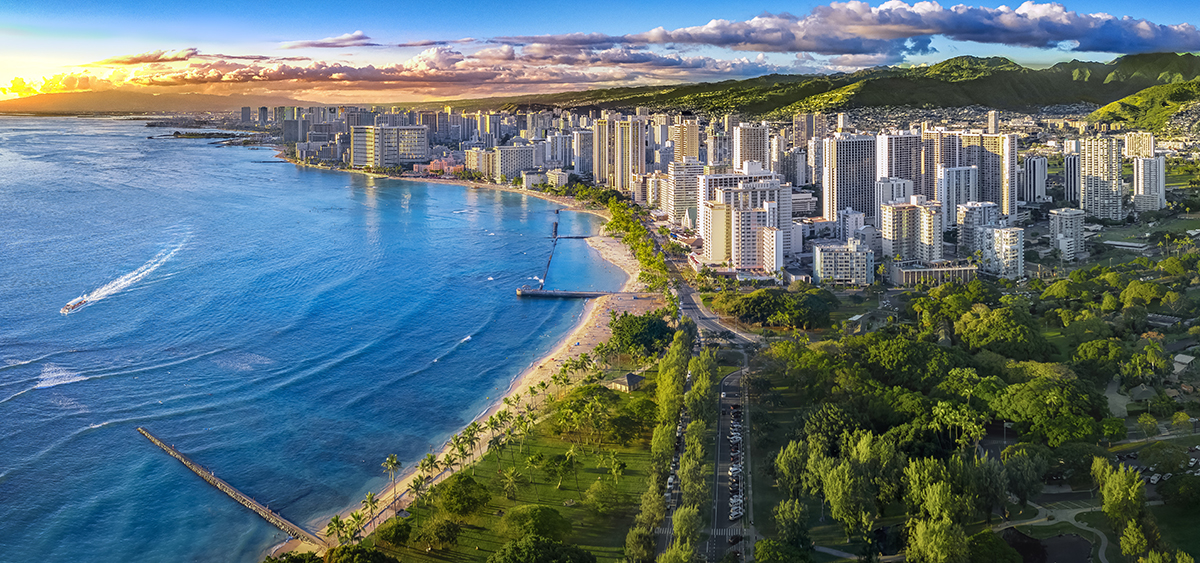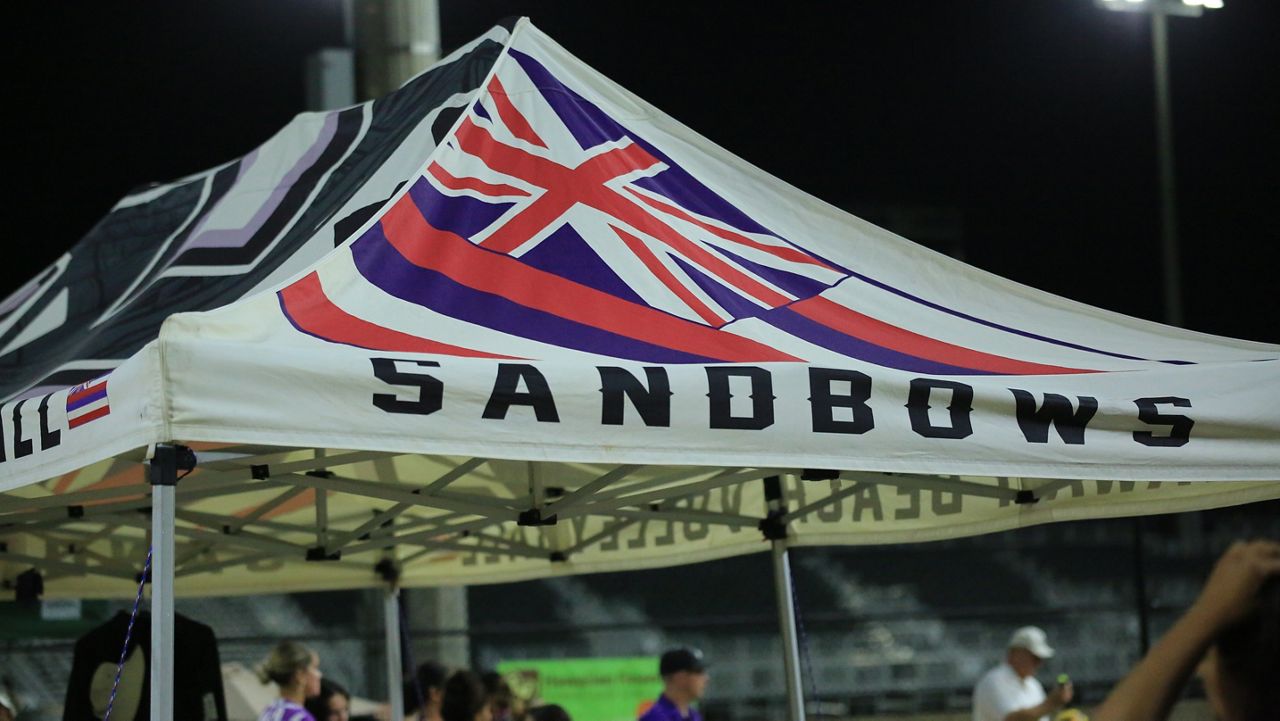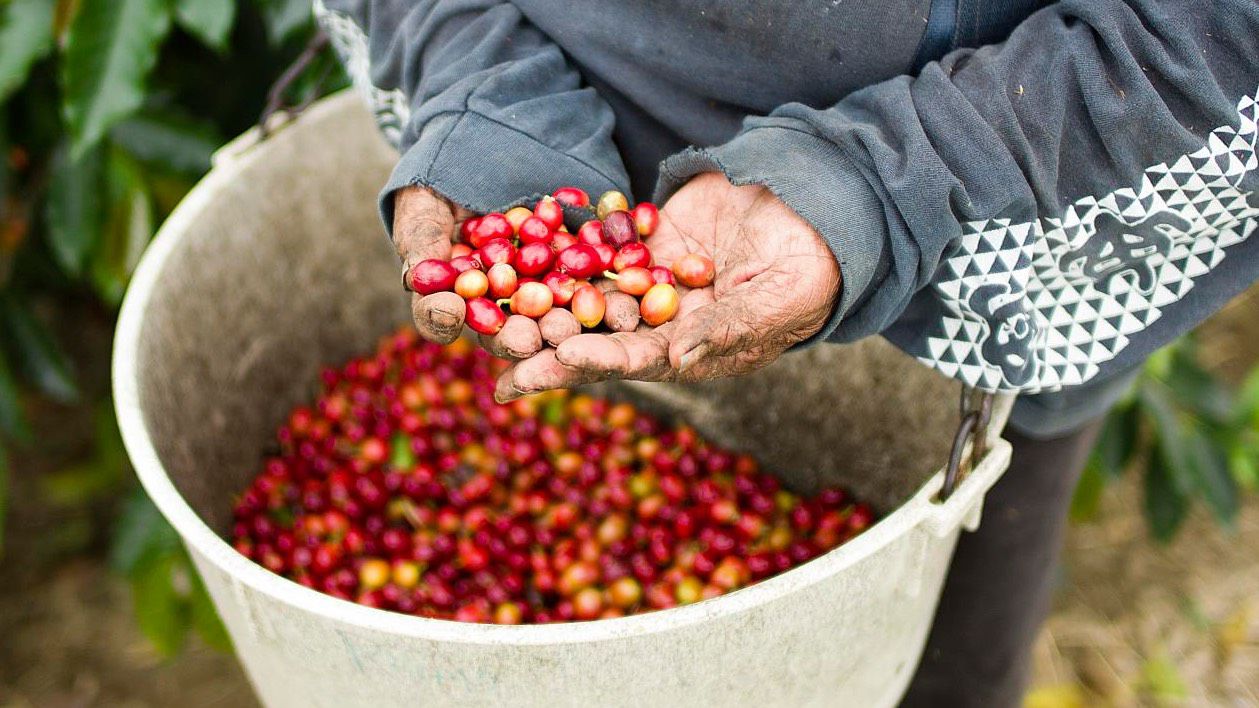Hawaii
Hawaii Senate Rejects Cannabis Decriminalization Measure – Ganjapreneur

The Hawaii Senate on Monday rejected a bill to decriminalize possession of up to an ounce of cannabis, Maui Now reports. In a statement, Drug Policy Forum of Hawaiʻi Board President Nikos Leverenz called the bill’s failure a “disappointment.”
“While Hawaiʻi saw an uptick in legislative activity on cannabis decriminalization and adult-use cannabis legalization, the status quo remains. Too many legislators this cycle have ceded to the histrionic arguments by many in the criminal legal lobby and others who want to ensure broad prohibition. Fifty-eight percent of Hawaiʻi residents support adult-use legalization, which now reaches over half of the population of America and employs over 440,000 across the nation. Decriminalization of cannabis possession and cannabis paraphernalia remains an important reform in its own right.” — Leverenz in a statement via Maui Now
Several lawmakers and the Department of the Attorney General expressed concerns that passing the reforms would create a stronger illicit market in the state.
Sen. Troy Hashimoto (D) told Maui Now that he “would rather have a structure to tax and regulate marijuana rather than pursuing decriminalization,” which he said “would allow an unchecked market and potentially unsafe products to exist within our community.”
In submitted testimony opposing the legislation, the Department of the Attorney General maintained that “decriminalized marijuana is unregulated, untested, and untaxed.”
“This lack of regulation and testing creates a significant public health concern, particularly as marijuana use increases,” the department said in the testimony. “Black market marijuana often contains pesticides, trace amounts of metals like lead and nickel, and other toxic chemicals. Regulated marijuana can be tested for these poisons, to increase the chances that the marijuana consumed by recreational users is relatively safe. Because there are no restrictions on the levels of pesticides and other toxins in black market marijuana, consumers risk inhaling or ingesting harmful substances.”
Earlier this month an effort to legalize adult cannabis use in the state was killed by the House Finance Committee. The legislation had been approved by the Senate.
Get daily cannabis business news updates. Subscribe

Hawaii
Hawaii beach volleyball team loses to LMU in NCAAs for 3rd straight year

For the third straight year, the Hawaii beach volleyball team met its postseason match in Loyola Marymount University.
Eighth-seeded LMU defeated ninth-seeded UH, 3-1, in the NCAA Tournament first round to bring UH’s season to an end in Gulf Shores, Ala., on Friday.
The senior pair of Kaylee Glagau and Pani Napoleon got UH (24-12) on the board first with a win at the No. 2 court, 21-17, 21-13 over Isabelle Reffel and Alisha Stevens.
But coach Evan Silberstein was worried about the matchups at three courts – 1, 3 and 5 – and those went decisively to the Lions (28-13) on a gusty day.
Silberstein told UH Athletics that he observed his players not doing enough damage in seven-point rotation turns on the “good” side of the courts with the wind in UH’s favor, while LMU took better advantage of its turns on that side.
“I thought yesterday in these conditions we did a really, really nice job with our service,” Silberstein said. “We really ramped up our service pressure in the walkthrough yesterday. So I think we could’ve served a little tougher. … They had a little distance on us in service pressure.”
LMU’s clinching flight for the dual match was at No. 1, where Vilhelmiina Prihti and Michelle Shaffer dispatched Jaime Santer and Alana Embry, 21-18, 21-11.
Earlier, Anna Maidment and Sydney Miller fell to Anna Pelloia and Jacinda Ramirez, 21-16, 21-15 at No. 3 and Sarah Burton and Julia Thelle lost to Madi Firnett and Abbey Thorup at No. 5, 21-10, 21-15.
LMU advanced to face defending champion and top-seeded USC in the quarterfinals.
It was the final career match for seniors Glagau, Napoleon, Santer, Maidment and Riley Wagoner.
Napoleon, of Bonita, Calif., came back to UH to end her seven-year college career after two years at UCLA.
“After winning Big West, we had so much confidence and I think we didn’t lose that,” Napoleon told UH Athletics. “We may have played our best, but LMU just played better. All we can ask of each other is if we played to the best of our ability, and I think that we did that, and did that this entire season.”
Said Silberstein, “We’re happy Pani came back. It was a really cool story for her to return … great for her to end her career on that winning note. Proud of her.”
Glagau, Maidment and Wagoner spoke to Spectrum News after their final home matches against Grand Canyon on April 14.
Said Maidment, who has moved to Hawaii permanently with her parents from Winnipeg, Canada, “Being able to support my teammates and just honor the work that everyone before me has done is just such a blessing because everybody here works so hard in this program. To experience it myself, with my family here all the way from Canada is just a feeling better than I’ve ever experienced.”
Said Wagoner, a veteran UH indoor player from Dublin, Ohio, who helped UH win the Big West championship with freshman partner Sydney Amiatu, “The rest of the seniors are awesome. They all have unique qualities and that kind of shows on the court. What we bring is different and I think it’s a really unique class. There’s a lot of us, so we get to share our experience with the younger girls and we are trying to do our best to lead any way we can and finding our ways to let our personalities shine.”
Said Glagau, an All-American from Toronto, “(I’ll remember) looking out into the crowd and seeing all the people who love me for who I am, and love me no matter what, not because of how good I am at volleyball or how well I play. They’ll be there no matter what. Just feeling really loved and grateful.”
Brian McInnis covers the state’s sports scene for Spectrum News Hawaii. He can be reached at brian.mcinnis@charter.com.
Hawaii
Creative spaces, local artists featured in Chinatown’s ‘First Friday’ festivities

HONOLULU (HawaiiNewsNow) – The monthly festival that celebrates art and culture in Hawaii is welcoming a relatively new venue in May.
The Manini Gallery recently launched on the mauka side of the historic Hawaii Theatre.
This month’s “First Friday” festival will feature local artist Solomon Enos and showcase his latest work from the exhibition “Future Island Cultures.”
“These are really just placeholders for hopeful futures — not how we’re going to fail as a species, but how we’re going to transcend the seemingly insurmountable challenges that we’re faced with,” Enos said.
The established Hawaii artist is hosting an artist talk Friday at 6 p.m. at the Manini Gallery in the Hawaii Theatre.
The exhibition will be on display in that space through May 26.
For more information on May’s First Friday celebration, click here.
Copyright 2024 Hawaii News Now. All rights reserved.
Hawaii
Bill raises content requirements for 'Hawaii' coffee

HONOLULU — A bill that would require that coffee labeled or advertised with a Hawaii geographic origin contains at least 51% of coffee (by weight) from that region passed the state Legislature on Wednesday.
Under current law, coffee advertised as being from Kona, Kauai or other highly regarded growing areas only needs to contain 10% of coffee actually grown in those areas.
“This initiative is about protecting Kona’s world-renowned coffee and ensuring that local farmers receive the prices they deserve for their products, and that dollars stay in Hawaii’s economy,” said state Rep. Nicole Lowen, who introduced the measure. “The percentage of Kona coffee required for it to be labeled Kona should be 100%, but given that this is the first progress made on this in more than 30 years, it’s a huge win.”
Two years ago, the Legislature passed Act 222, which requested that the Hawaii Department of Agriculture study the impact of coffee labeling laws on coffee farmers and determine the economically ideal proportion of Kona beans in products marketed as Kona coffee.
The resulting report asserted that increasing the minimum amount of Kona coffee from 10% to either 51% or 100% would benefit local farmers, with greater increases resulting in greater benefits. The report projected that proposed labeling changes could result in a price increase for Kona coffee but minimal impact on quantities grown or sold.
“By gradually implementing an increase in minimum standards, this bill protects the integrity of all regional coffee brands in Hawaii, like Kona and Kau, and supports our local farmers,” said Rep. Kirstin Kahaloa.
Beyond economic concerns, supporters said House Bill 2298, Conference Draft 1, also preserves the value and integrity of locally grown coffee.
As the bill itself notes, “despite existing labeling laws that include specific requirements for font sizes and disclosure of blend percentages, the simple inclusion of a geographic origin name on a product effectively misleads consumers into believing that the product is representative of the specialty product of that region, even though, for example, in a coffee blend that is 10% Kona coffee, the flavor of the Kona coffee is often undetectable at such low concentrations. Consumers are then deceived into paying a premium for a ‘Hawaii’ product that does not represent the name on its label.”
“HB2298 CD1 is a pivotal advancement in our ongoing commitment to safeguarding the integrity of Hawaii’s cherished agricultural industries,” said Senate Majority Leader Dru Mamo Kanuha. “By requiring a majority percentage of coffee from the specified geographic region in labeled products, we’re not only protecting our farmers’ livelihoods but also ensuring that consumers receive authentic, high-quality coffee synonymous with our beloved regions like Kona and Kau. This legislation reflects our dedication to fostering a sustainable and transparent agricultural sector, one that honors our traditions while promoting economic prosperity for generations to come.”
The bill has been transmitted to Gov. Josh Green for final approval.
Michael Tsai covers local and state politics for Spectrum News Hawaii. He can be reached at michael.tsai@charter.com.
-

 News1 week ago
News1 week agoLarry Webb’s deathbed confession solves 2000 cold case murder of Susan and Natasha Carter, 10, whose remains were found hours after he died
-

 News1 week ago
News1 week agoFirst cargo ship passes through new channel since Baltimore bridge collapse
-

 World1 week ago
World1 week agoHaiti Prime Minister Ariel Henry resigns, transitional council takes power
-

 World1 week ago
World1 week agoSpanish PM Pedro Sanchez suspends public duties to 'reflect'
-

 World1 week ago
World1 week agoUS secretly sent long-range ATACMS weapons to Ukraine
-

 Movie Reviews1 week ago
Movie Reviews1 week agoHumane (2024) – Movie Review
-

 News1 week ago
News1 week agoAmerican Airlines passenger alleges discrimination over use of first-class restroom
-

 Education1 week ago
Education1 week agoVideo: Johnson Condemns Pro-Palestinian Protests at Columbia University


/cdn.vox-cdn.com/uploads/chorus_asset/file/24016883/STK093_Google_06.jpg)











